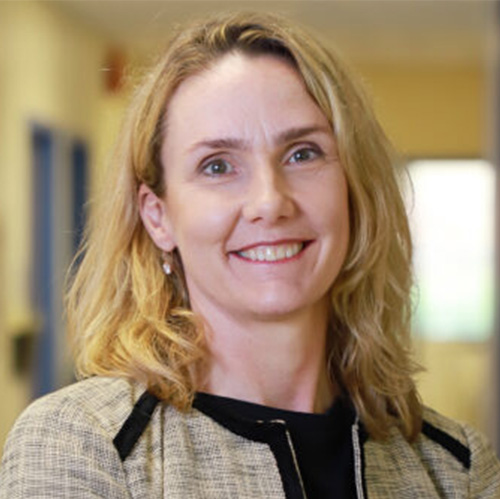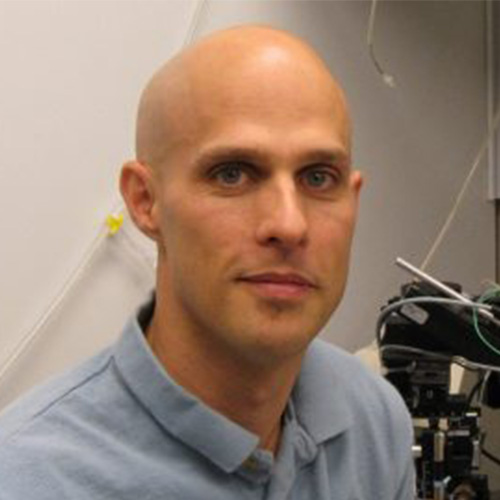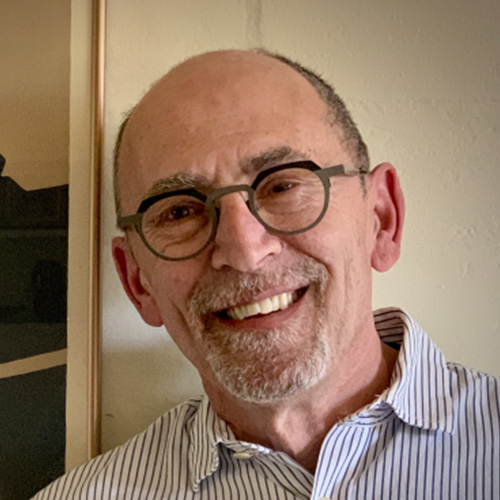
Assistant Professor, UBC Department of Psychiatry, Division of Child and Adolescent Psychiatry
Child Psychiatrist, Telehealth Outreach Psychiatric Services (TOPs) Program, BC Children’s Hospital
Investigator, BC Children’s Hospital Research Institute
Email: tamara.vanderwal@ubc.ca
Short Biography
Dr. Vanderwal received her M.D. from Yale School of Medicine, and completed residency, fellowship and research training at the Yale Child Study Center. Her research mentors were Robert T. Schultz, Linda C. Mayes and F. Xavier Castellanos (and team). She also has a Master’s degree from Yale Divinity School, with a concentration in ethics. Dr. Vanderwal’s work combining neuroscience and art has been featured at the Imagine Science Film Festival and at MoMA Studios. She is currently the managing guest editor for the special issue/saga on Naturalistic Imaging for NeuroImage. She also continues to practice as a child psychiatrist, seeing kids in northern BC.
Research Focus
The Naturalistic Neuroimaging Lab uses movies to study complex patterns of brain function in child psychiatric disorders. Using movies helps us study children who have a hard time staying still inside the MRI machine. The movies also enable us to study the brain as it processes complex, dynamic streams of information like it does in real life. This approach is similar to having a patient run on a treadmill while studying that person’s heart function. We design and test movies to evoke specific symptoms or types of cognitive processes, and are developing novel analyses to leverage the unique kind of data we acquire using movies in functional MRI.
Publications
Contributing Editor (2014-2017), The Journal of the American Academy of Child and Adolescent Psychiatry
Significant Accomplishments & Professional Contribution
- American Academy of Child and Adolescent Psychiatry Junior Investigator Award
- Resident Teaching Award, Department of Psychiatry, Yale School of Medicine
- Yale Psychiatry Research Scholar, Yale School of Medicine










